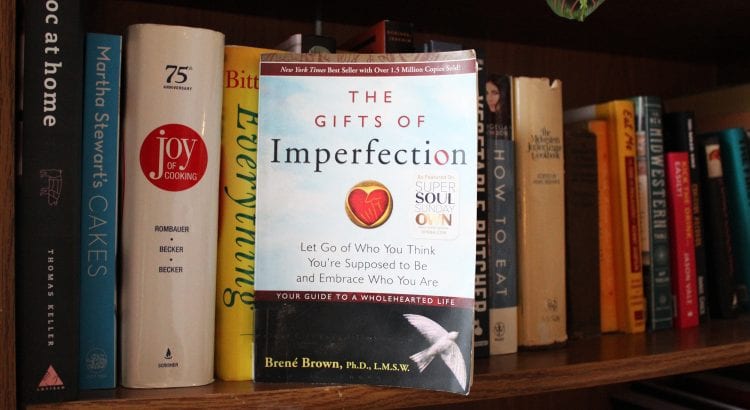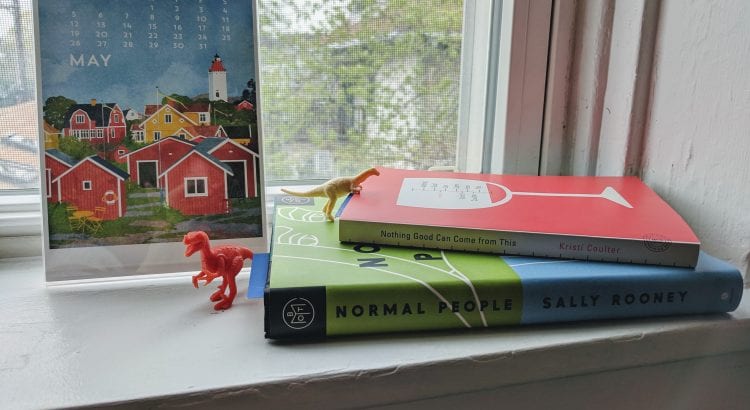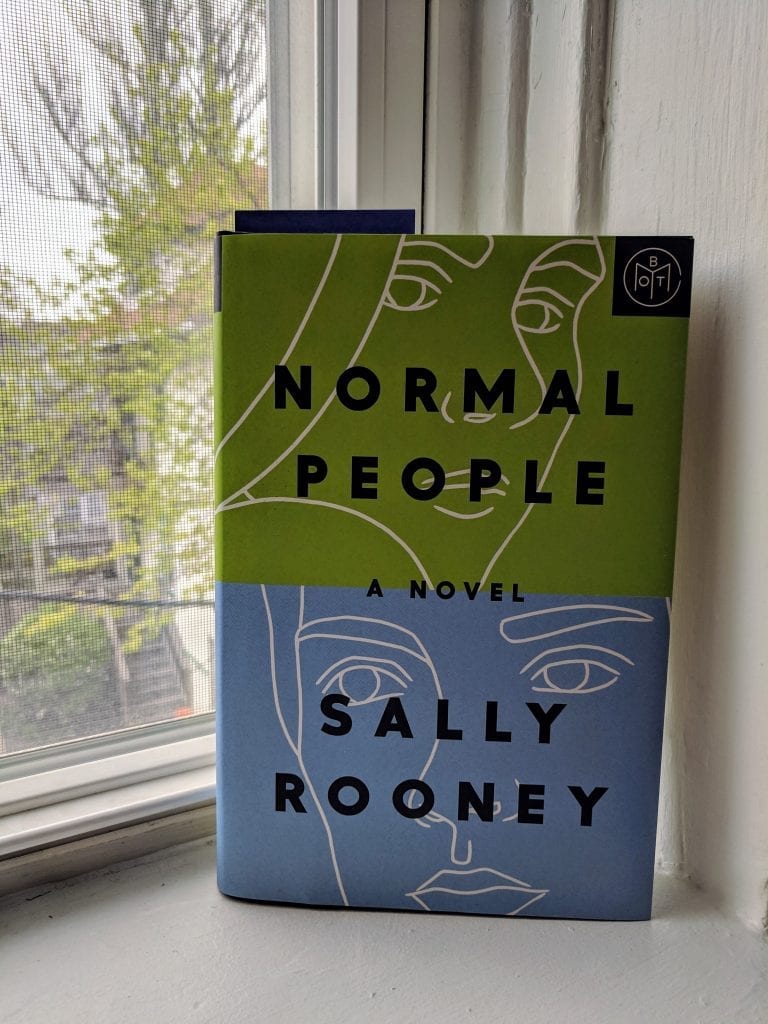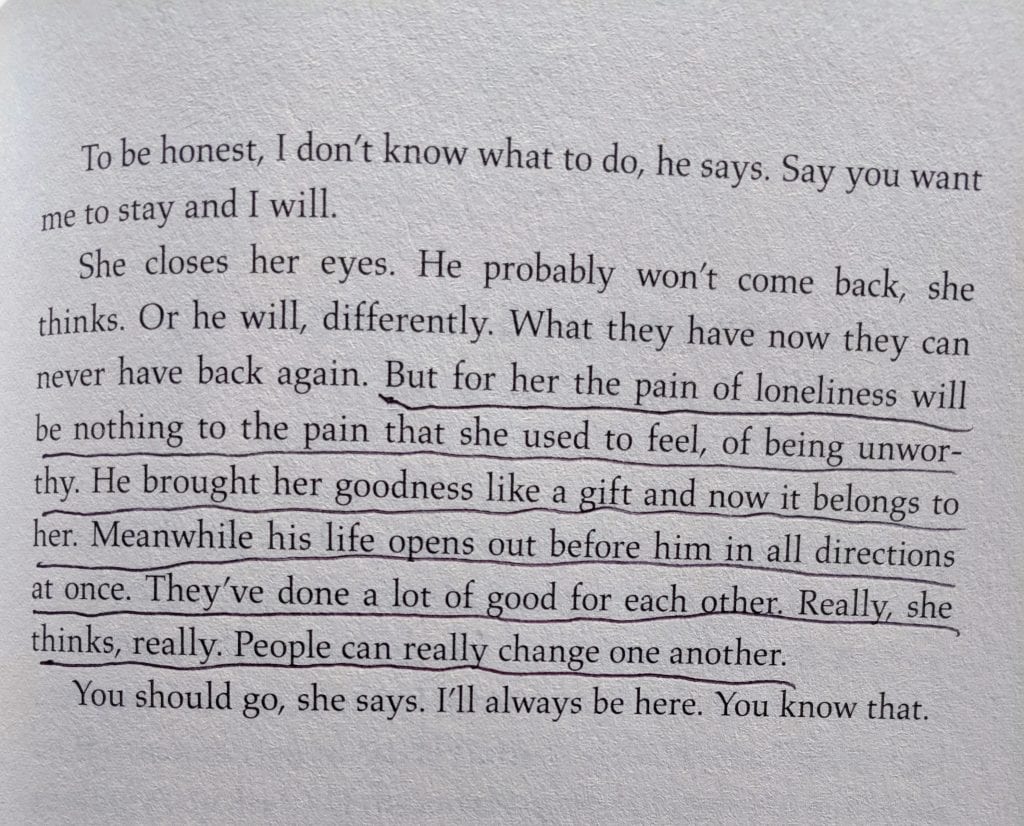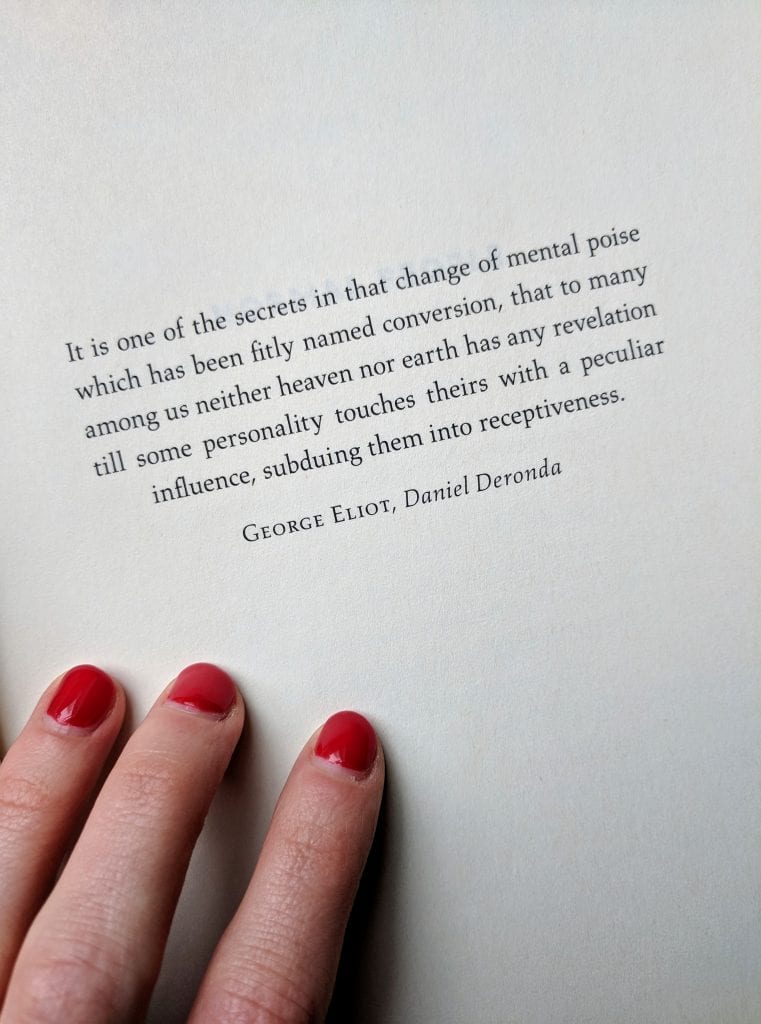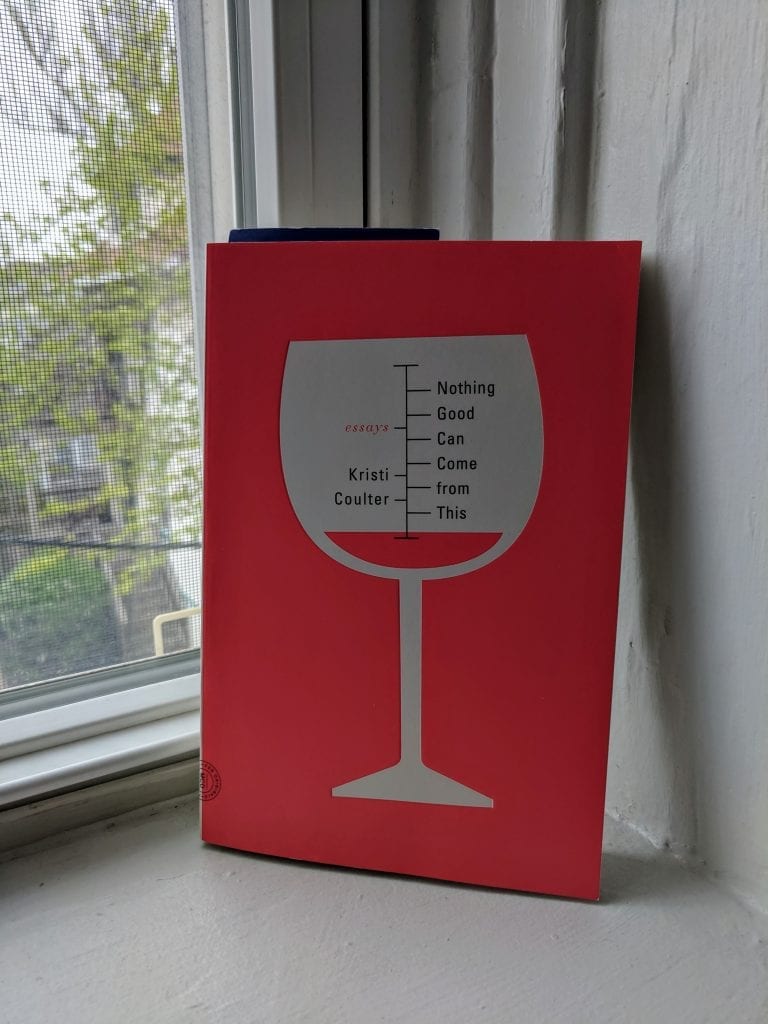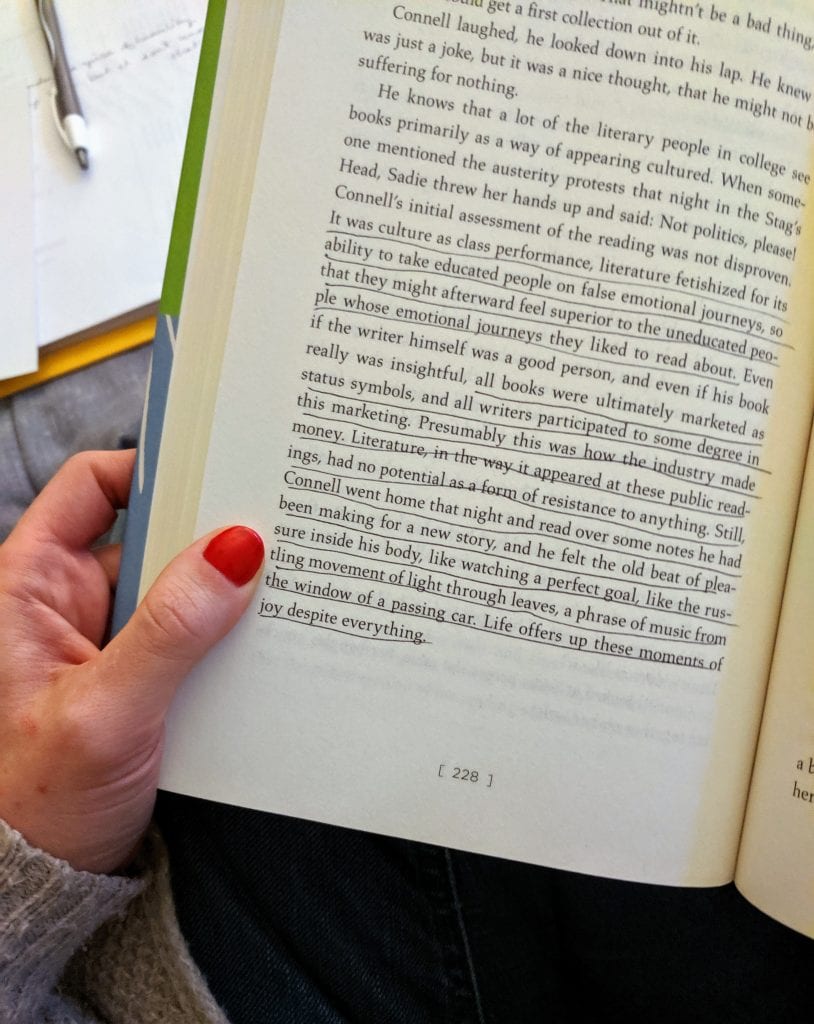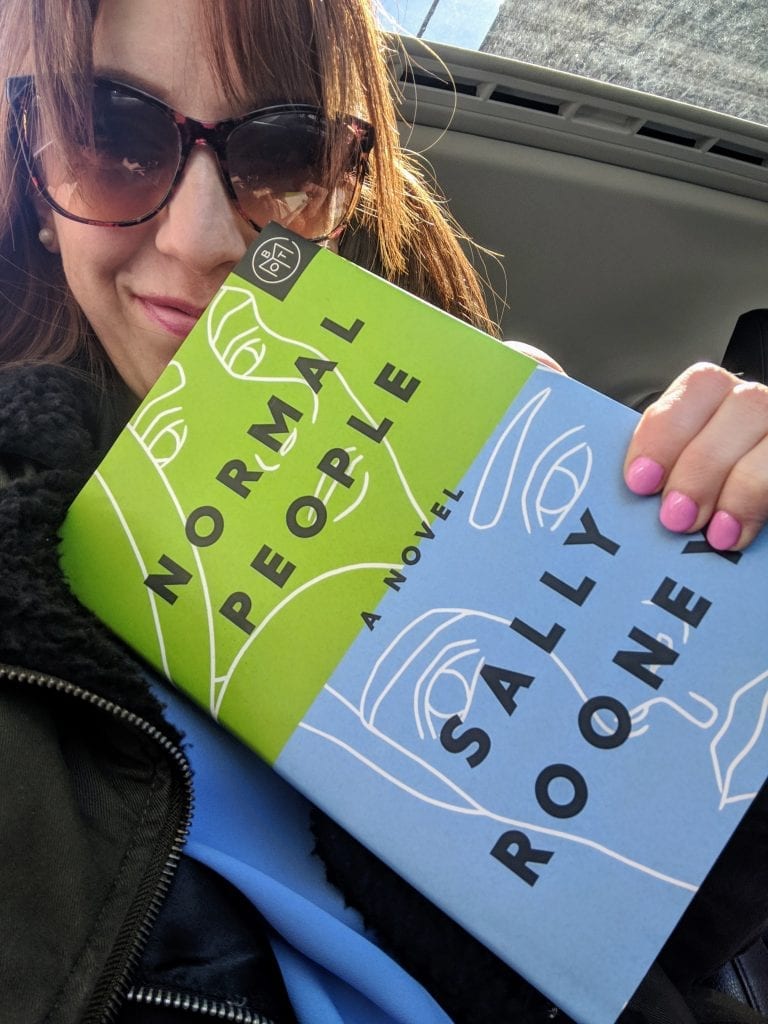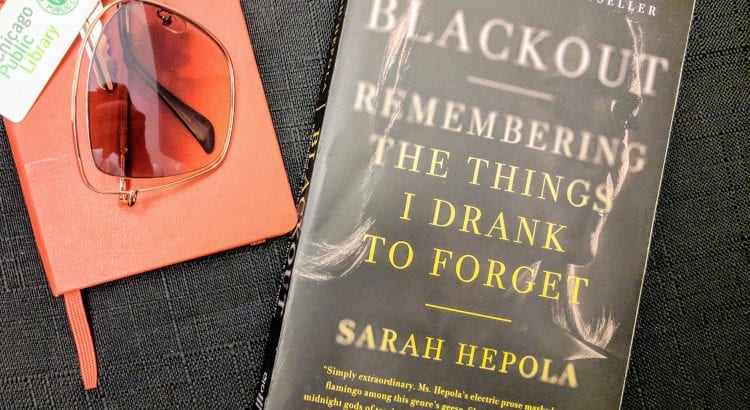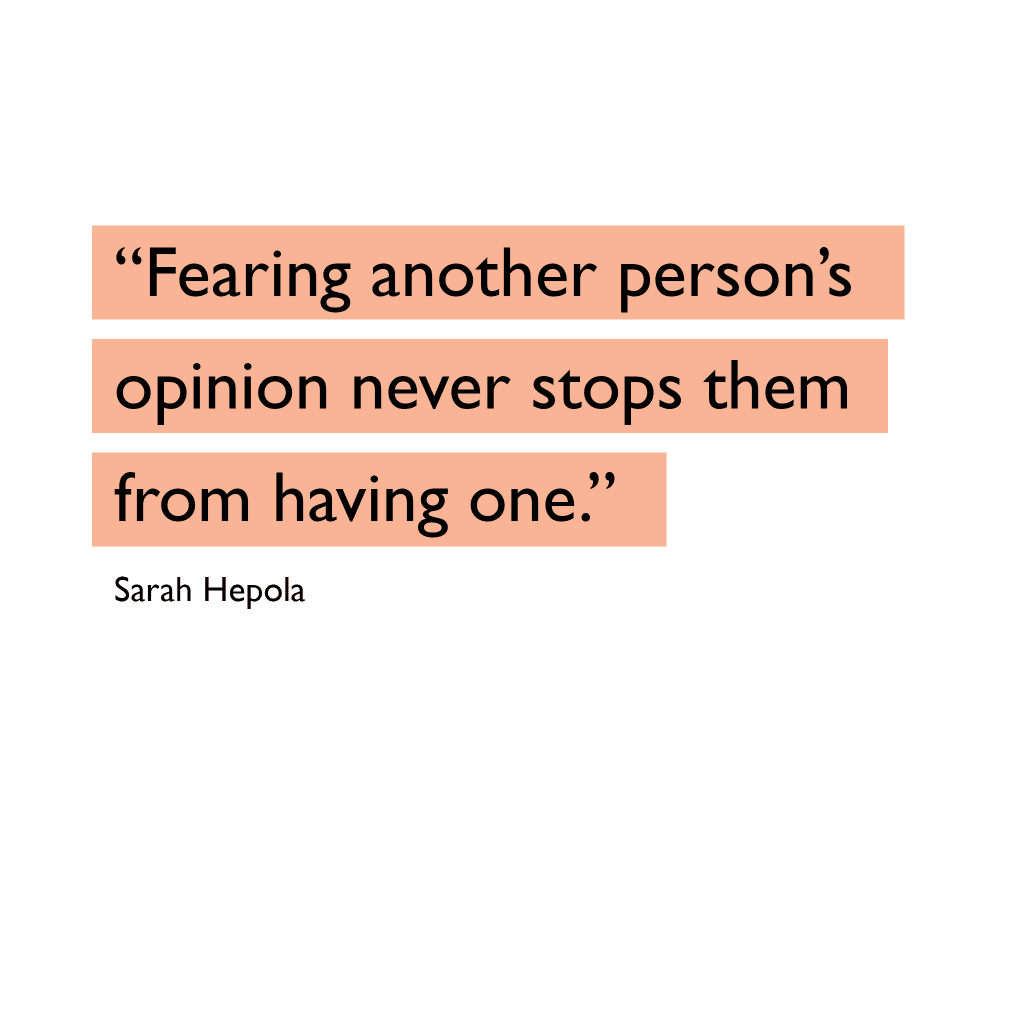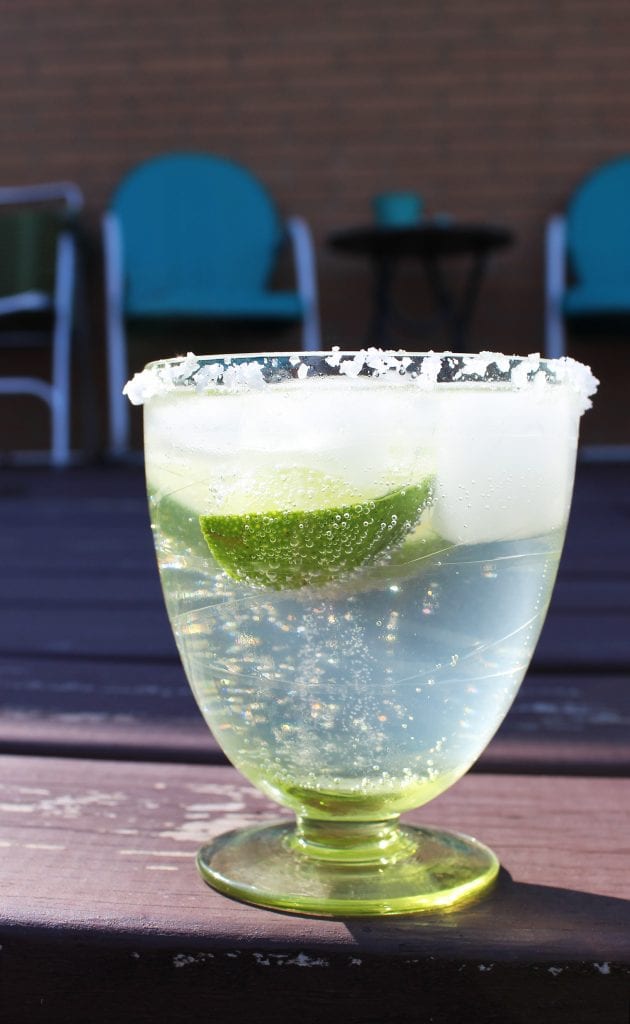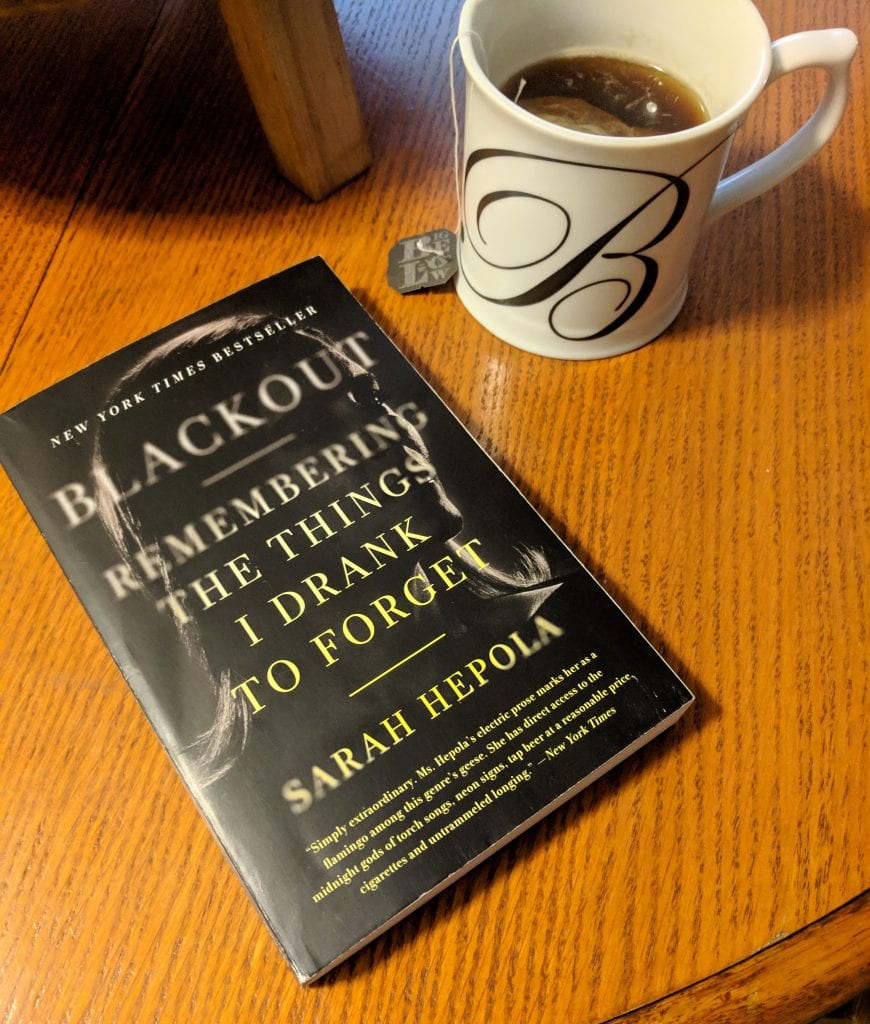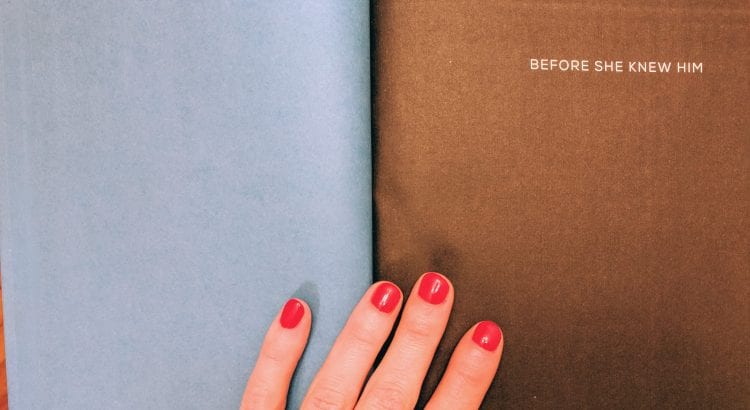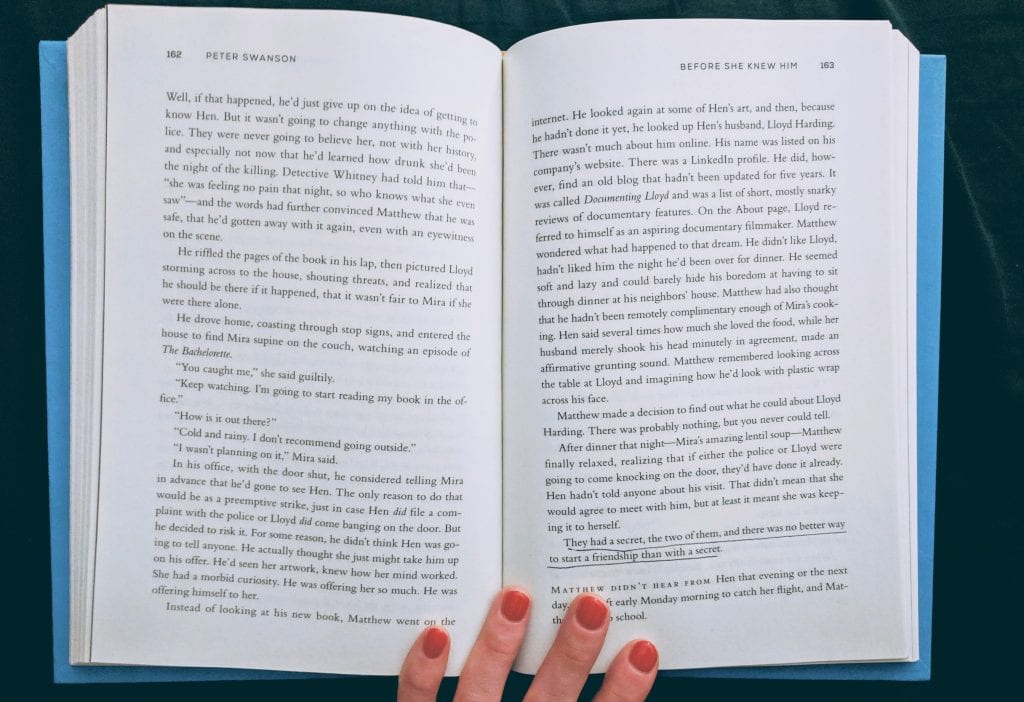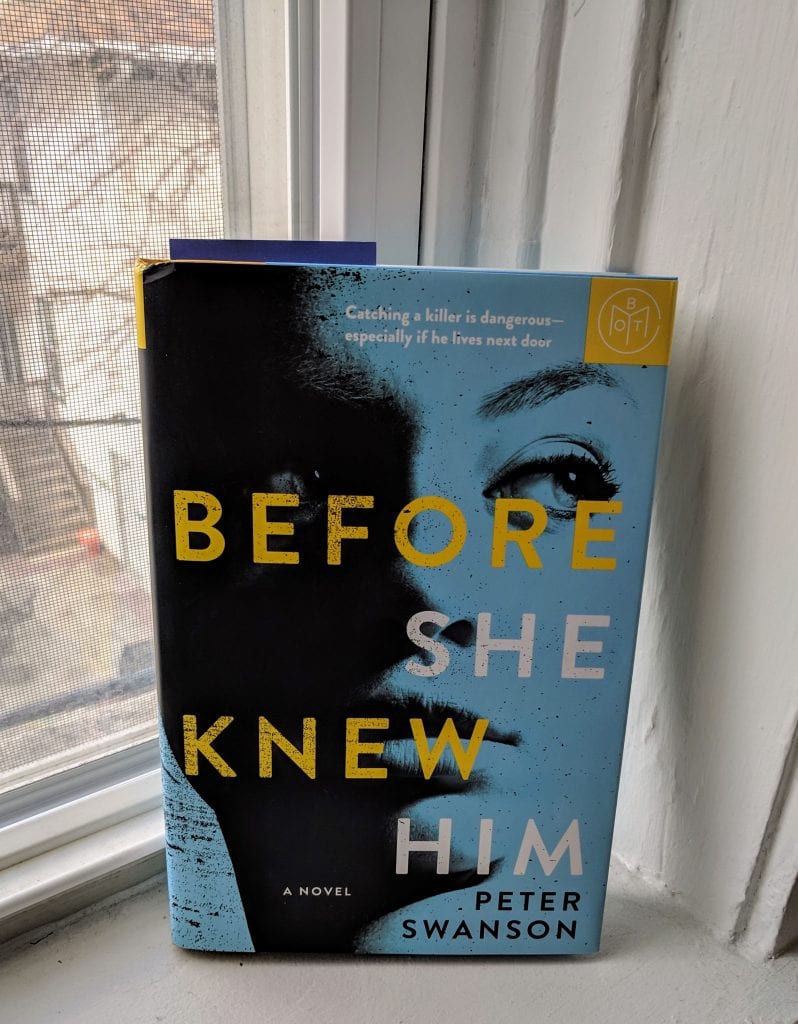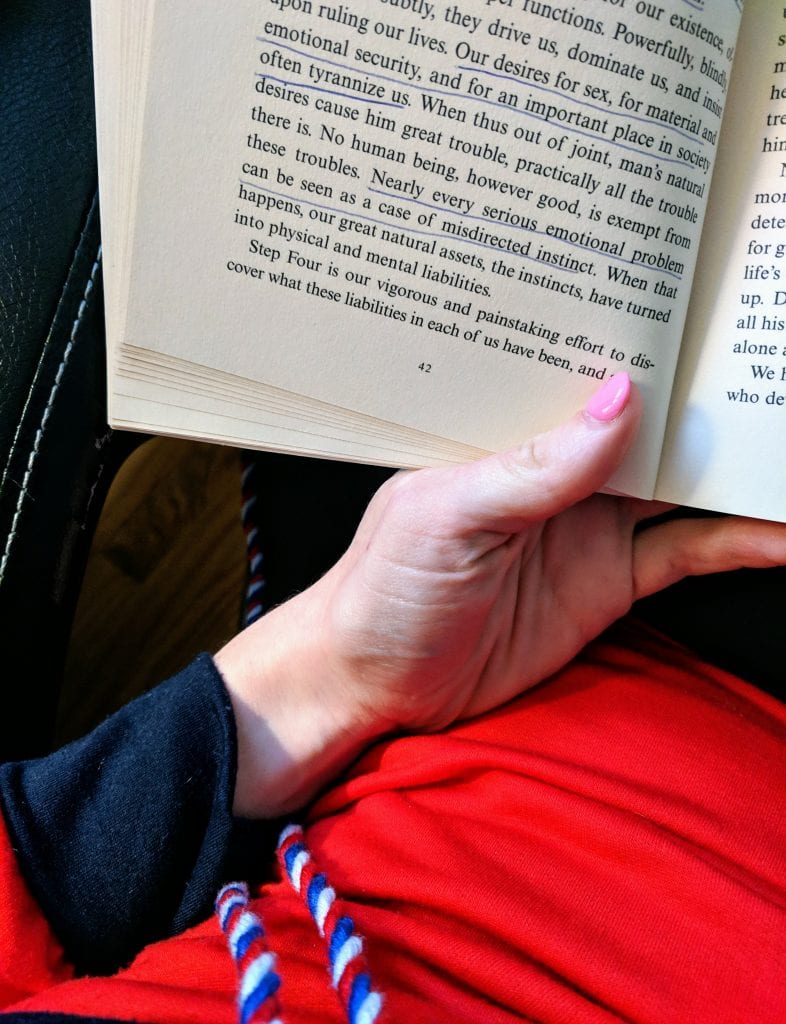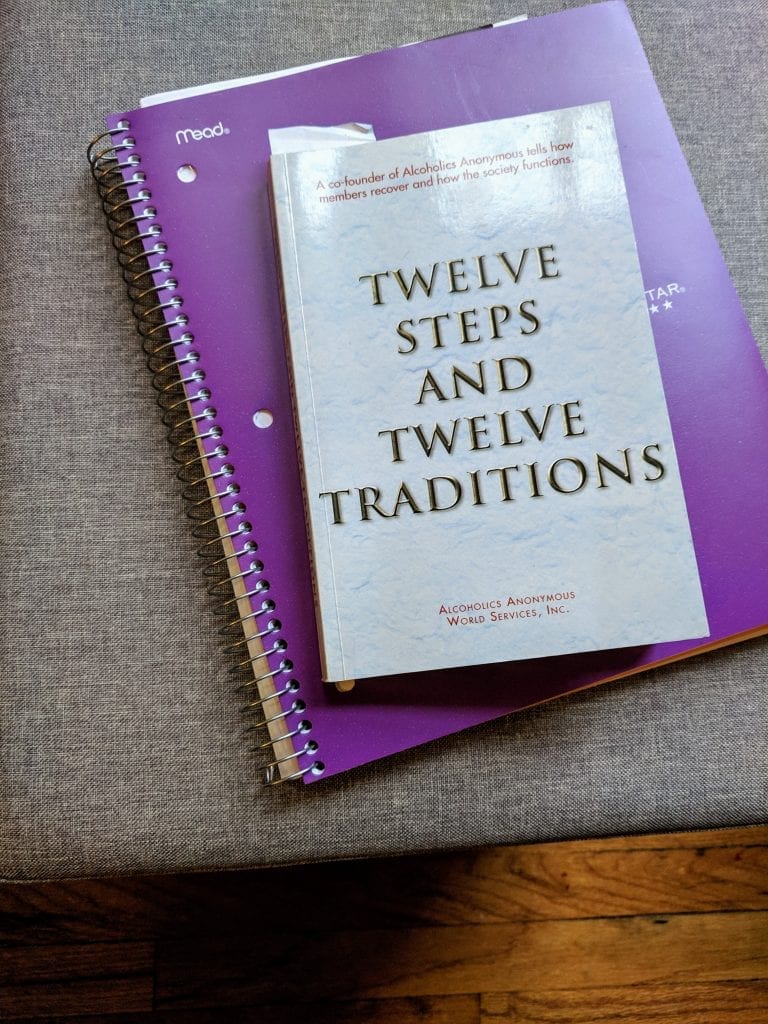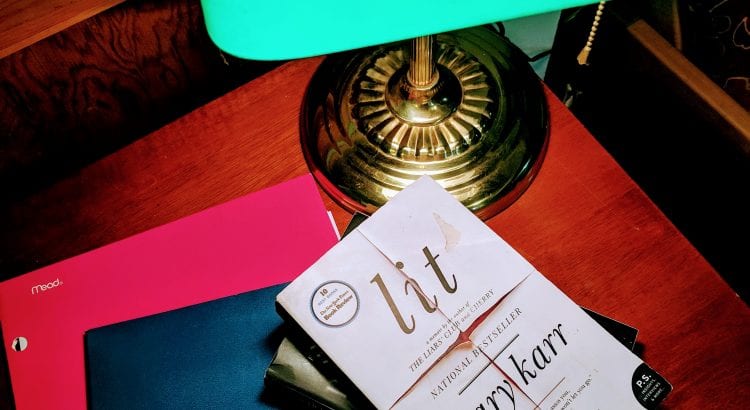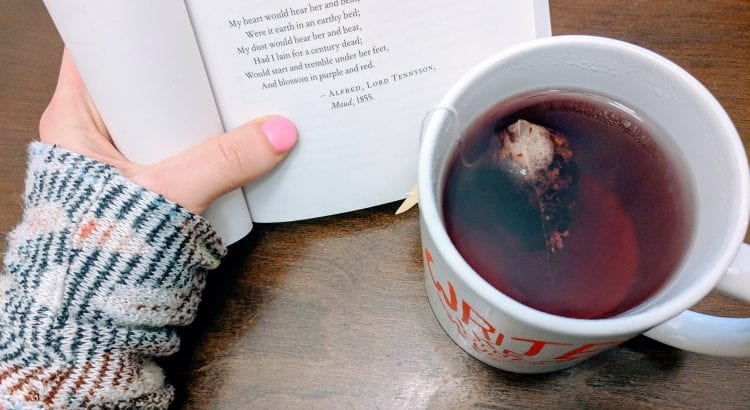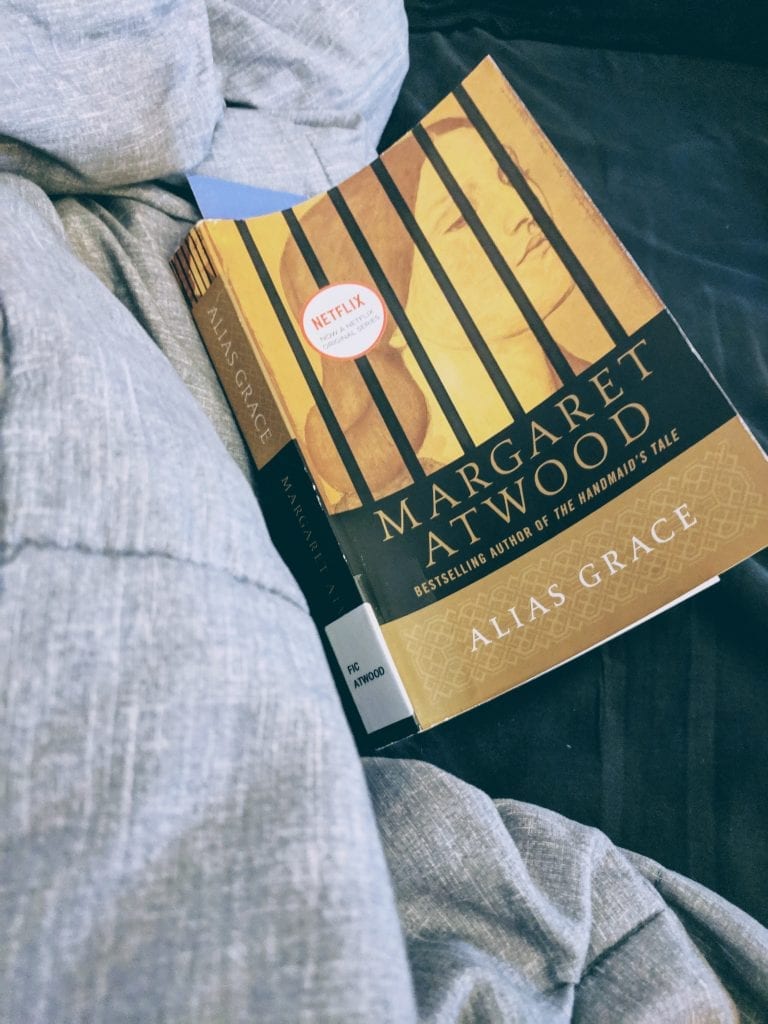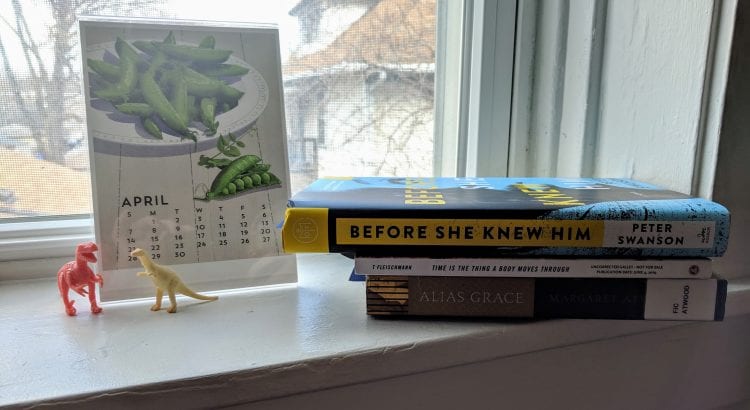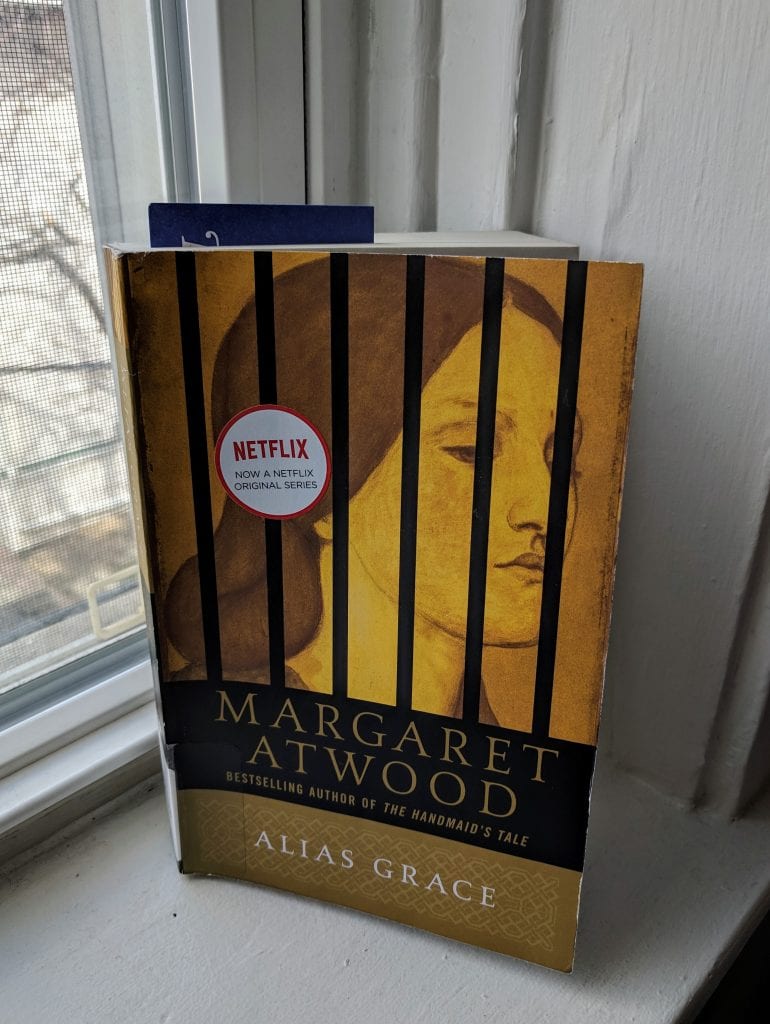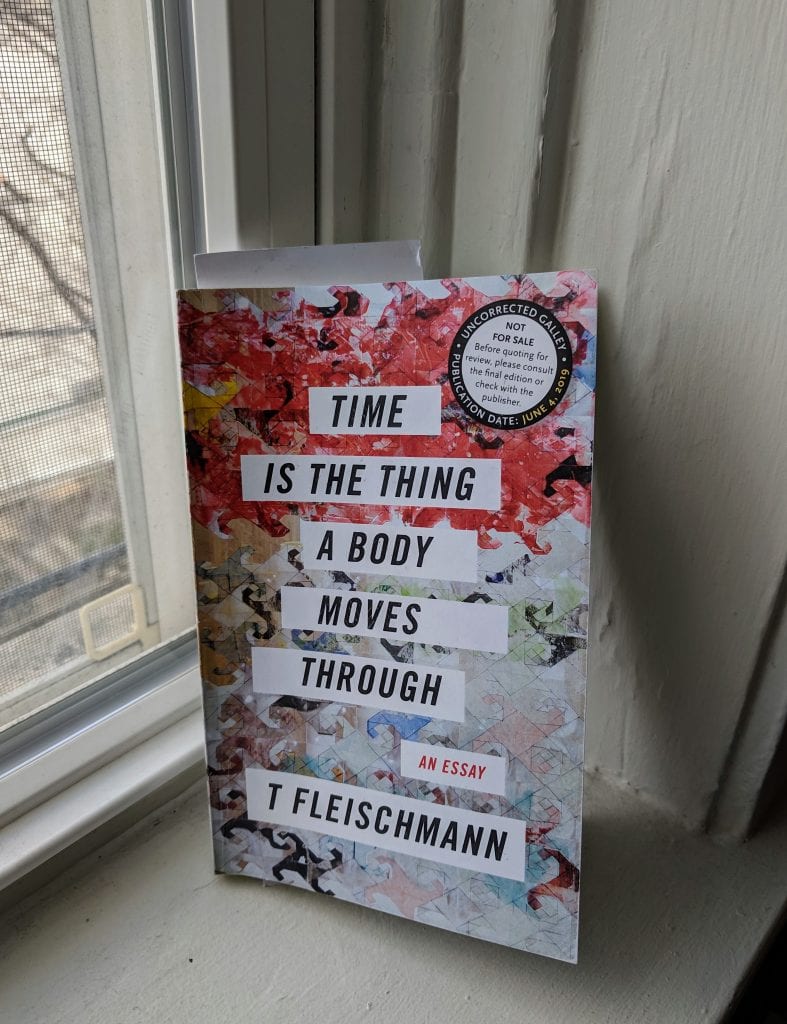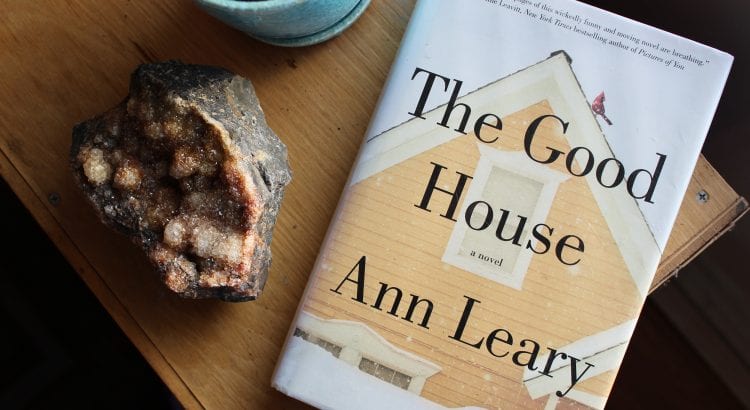In the latest episode of Zero Proof Book Club, Shelley and I discuss Brené Brown’s book “The Gifts of Imperfection.” We share our own struggles with perfectionism, I talk authenticity, and Shelley shares how her perfectionism manifests itself in the form of birthday cakes and many unfinished essays.
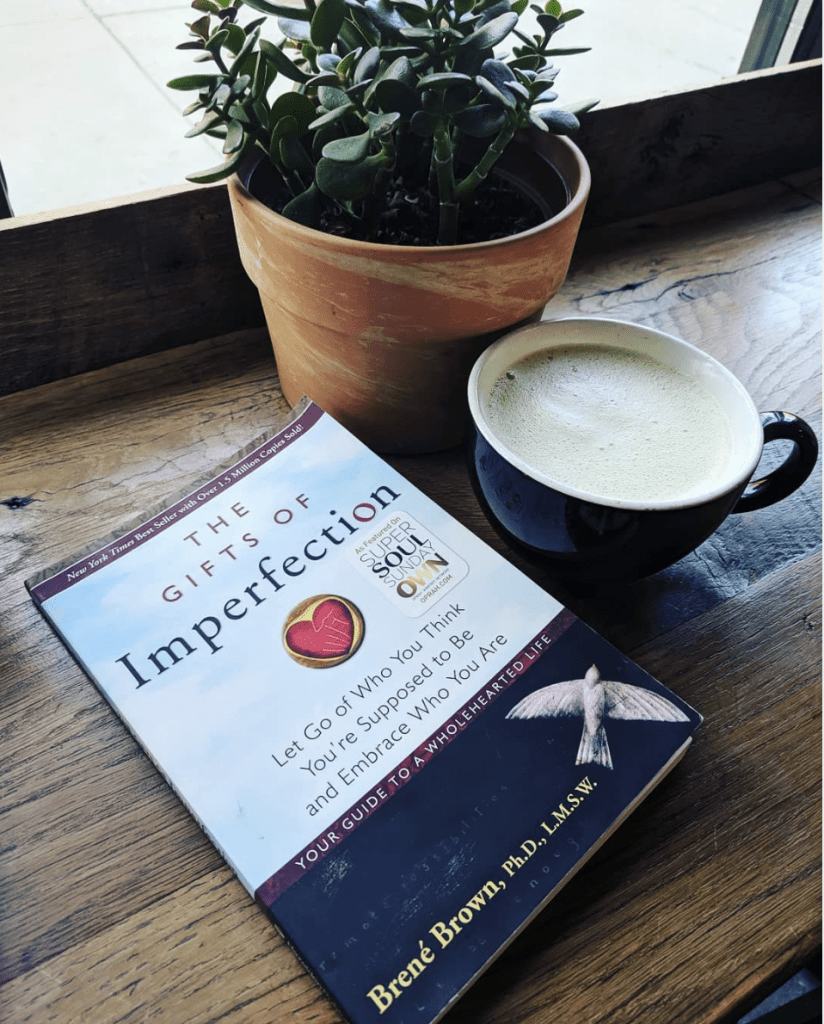
Listen to the new episode here, at ZeroProofBookClub.com, and follow us on Instagram at @zeroproofbookclub.
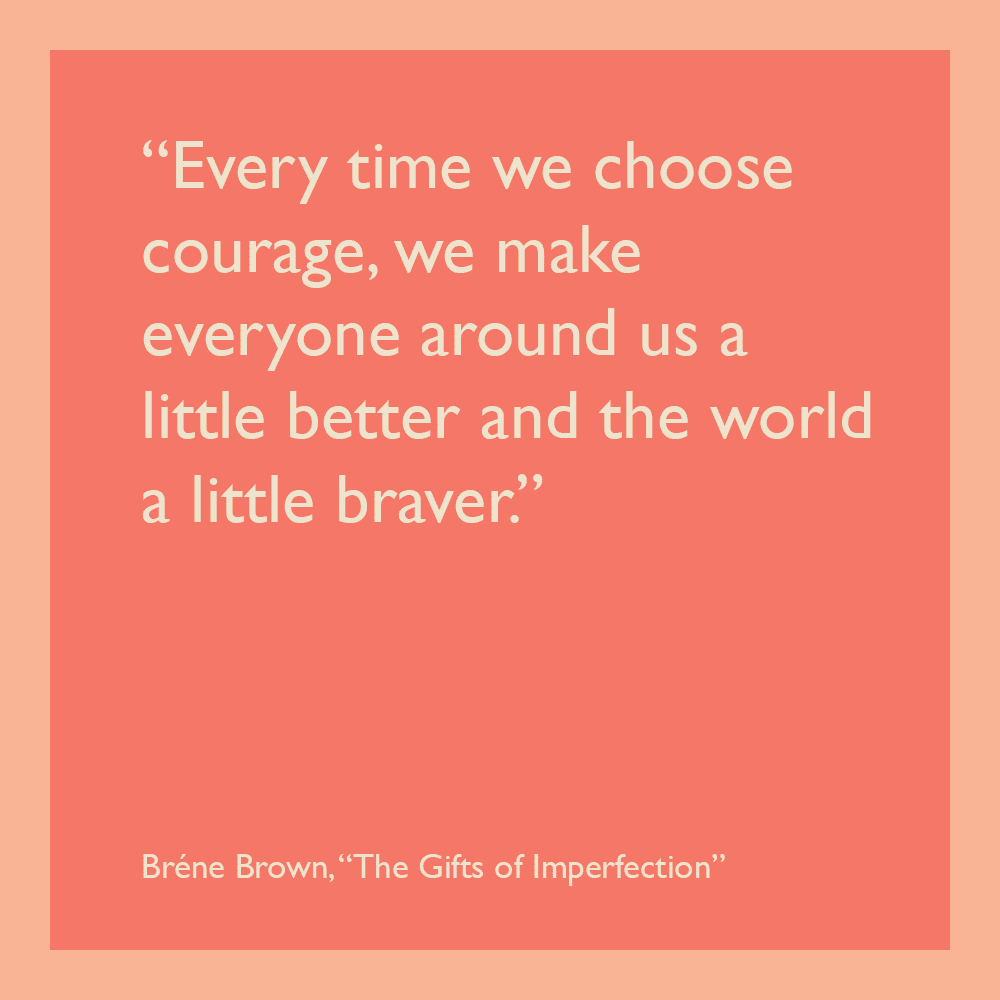
Pairs well with…
- Zero Proof Pina Colada
The inspiration for these Pina Colada-ish cocktails came from a trip Shelley took to Puerto Rico, where her Airbnb rentals came stocked with tiny cans of pineapple juice and cream of coconut. Stir equal parts pineapple juice with cream of coconut and pour over ice. Can you tell we’re ~so~ ready for this cold rain to stop?

About The Gifts of Imperfection
What to expect: Rather than your average self-help book, a motivational and inspiring guide to wholehearted living, as explored by today’s chief expert in the power of vulnerability
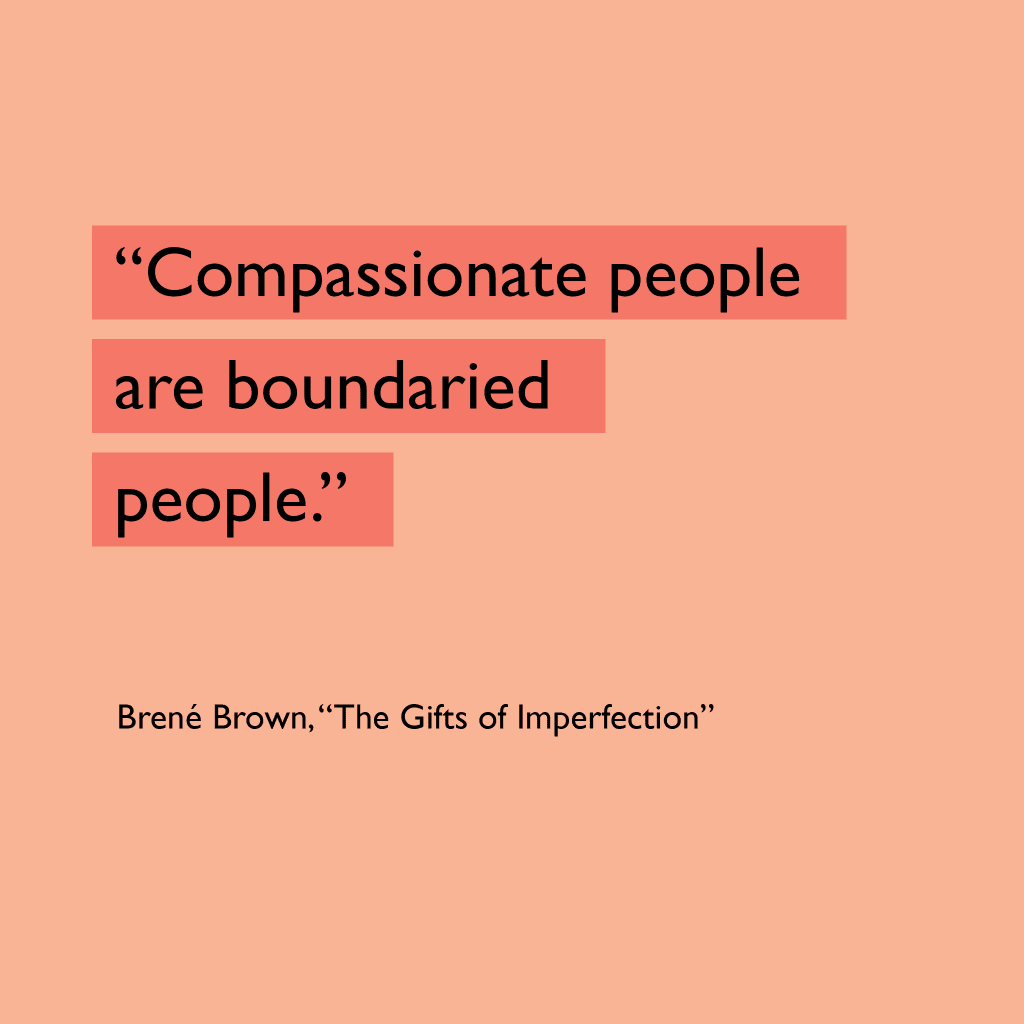
From the book jacket:
“When our embarrassments and fears lie, we often listen to them anyway. They thwart our gratitude, acceptance, and compassion—our goodness. They insist, ‘I am not worthy.’ But we are worthy—of self-discovery, personal growth, and boundless love. With Brené Brown’s game-changing New York Times bestseller The Gifts of Imperfection—which has sold more than two million copies in more than 30 different languages, and Forbes recently named one of the ‘Five Books That Will Actually Change Your Outlook On Life’—we find courage to overcome paralyzing fear and self-consciousness, strengthening our connection to the world.
With this groundbreaking work, Brené Brown, Ph.D., bolsters the self-esteem and personal development process through her characteristic heartfelt, honest storytelling. With original research and plenty of encouragement, she explores the psychology of releasing our definitions of an ‘imperfect’ life and embracing living authentically. Brown’s ‘ten guideposts’ are benchmarks for authenticity that can help anyone establish a practice for a life of honest beauty—a perfectly imperfect life.
Now, more than ever, we all need to cultivate feelings of self-worth, as well as acceptance and love for ourselves. In a world where insults, criticisms, and fears are spread too generously alongside messages of unrealistic beauty, attainment, and expectation, we look for ways to ‘dig deep’ and find truth and gratitude in our lives. A new way forward means we can’t hold on too tightly to our own self-defeating thoughts or the displaced pain in our world. Instead, we can embrace the imperfection.”
— The Gifts of Imperfection: Let Go of Who You Think You’re Supposed to Be and Embrace Who You Are

